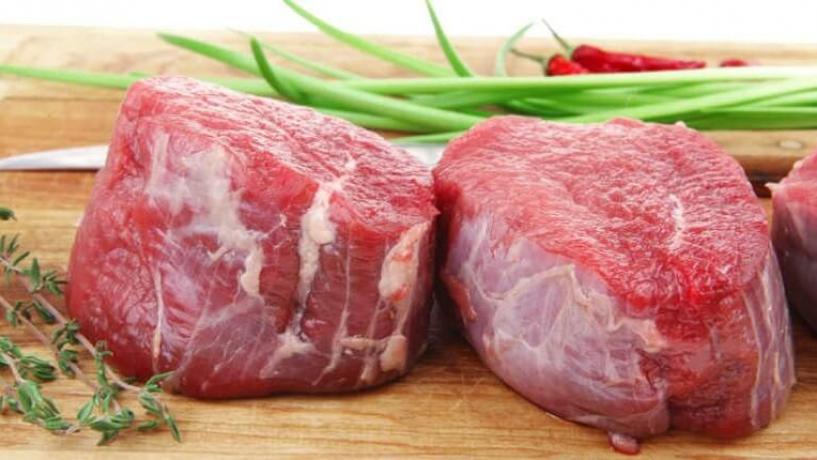
The Food Standards Agency has recently suspended a previously set plan to announce dietary danger associated with the consumption of wild game according to the Guardian newspaper. The announcement has been postponed for reasons currently undisclosed to the general public.
As far as what the original announcement was meant to consist of, the FSA had planned to release information to the public that informed them of possible dangers associated with wild game that had been shot using lead pellets.
Primarily the warnings were meant to warn high-risk individuals such as young children, expectant mothers, and other people who have compromised immune systems for a variety of reasons. However, other adults who eat wild game could also be at risk for certain health complications if they eat wild game on an extremely regular basis.
Proposed risks include lead poisoning, as the lead is thought to leach into the flesh of the animal, especially if buckshot or lead bullets are allowed to remain inside of the animal carcass for long after killing or throughout the cooking process.
The proposed announcement comes on the back of a study conducted by the European Food Standard Agency. The study was originally published back in July of 2012 and was originally based on studies conducted on over 140,000 samples of different foods assessed over a period of nine years.
Potentially unsafe levels of lead were found in a variety of game items such as wild pheasant and wild boar. In fact, these results were so far off the charts that they threw off all the statistics related to meats in general.
A spokesman for the FSA stated when asked about the delay on the announcement: “We're not publishing it today. It is still under review and we still haven't quite got it ready yet. We're looking to be publishing something on lead ammunition and small birds and larger animals but we not publishing today.”




